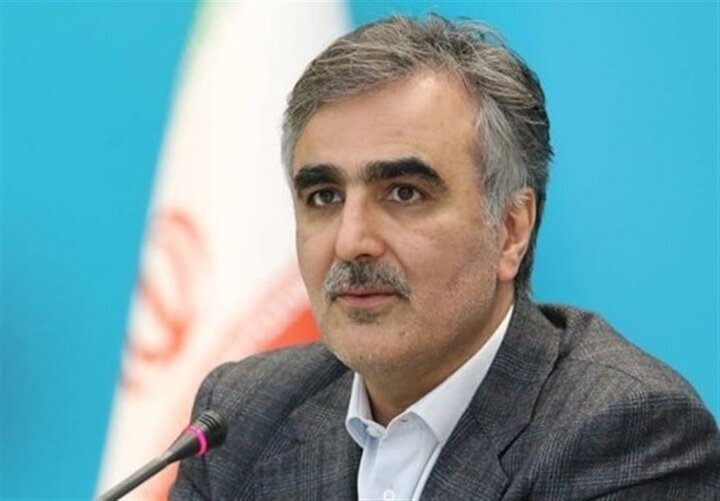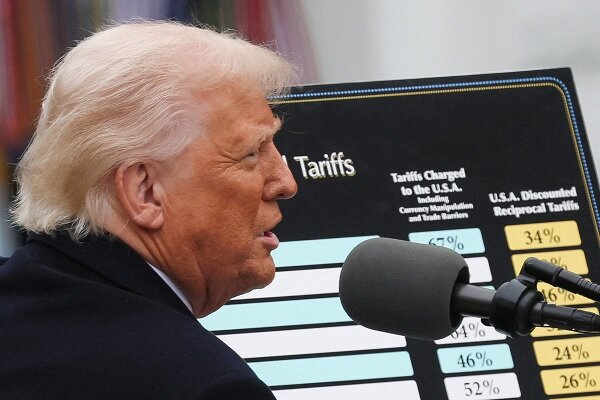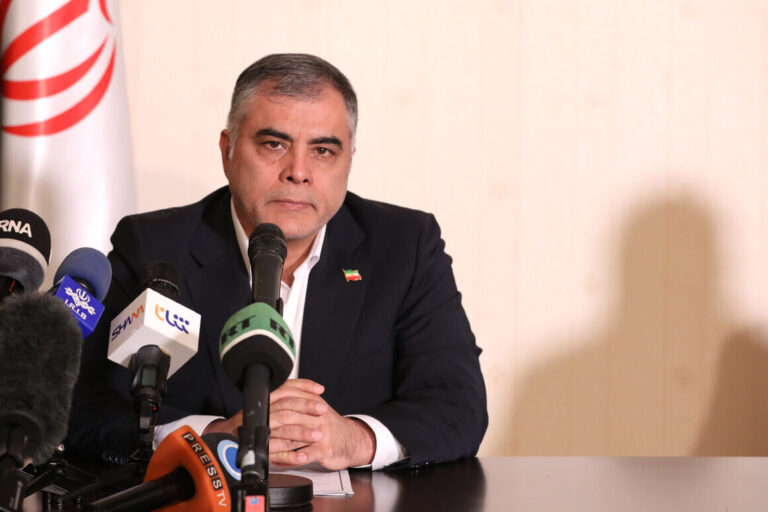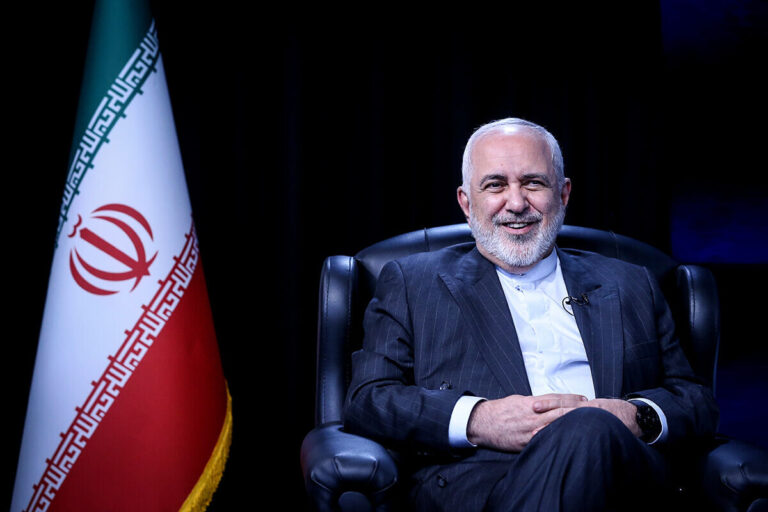Shanghai Financial Hub: Key Player in SCO Members’ Strategic Initiatives
In a significant development for the Shanghai Cooperation Organization (SCO), President Pezeshkian discussed the future of the organization during a meeting with Secretary-General Zhang Ming at the Tehran Dialogue Forum 2025. This meeting highlighted the importance of joint programs among member countries and the necessity for enhanced political, economic, cultural, and scientific interactions.
Pezeshkian emphasized that the current ceremonial structure of the SCO needs transformation into a more operational and practical institution. He believes that this shift is essential for the organization to achieve its true objectives and make strategic decisions, particularly during China’s rotational presidency.
One of the key points raised during the meeting was the expansion of the SCO’s membership. Pezeshkian stated that this expansion is a critical step toward realizing the organization’s goals. He pointed out that increasing membership would not only bolster the SCO’s influence but also serve as a countermeasure to unilateral policies imposed by the United States.
During the discussions, Zhang Ming expressed his support for Iran’s membership in the SCO, labeling it as a significant milestone that has garnered positive feedback from all member nations. He noted that since Iran’s accession, the Islamic Republic has contributed valuable and constructive proposals to the organization.
To enhance the effectiveness of the SCO, Zhang Ming stressed that increasing efficiency for all members is a primary goal. He explained that for cooperation agreements and documents within the SCO to be successful, there must be a design and implementation of operational programs. As part of this initiative, officials are focusing on modernizing the organization’s structures and fostering regular and constructive interactions with Iran’s Ministry of Foreign Affairs.
- Transforming the SCO: Pezeshkian advocates for changing the organization’s ceremonial structure into a more operational institution.
- Membership Expansion: The SCO’s growth is viewed as a crucial step toward fulfilling its objectives and countering US unilateral actions.
- Support for Iran: Zhang Ming welcomed Iran’s membership as a significant achievement that has been well received by member countries.
- Efficiency Goals: The secretary-general emphasized the need for operational programs to enhance the organization’s efficiency for all members.
- Modernization Efforts: Ongoing efforts to modernize the SCO’s structures and improve interactions with Iran are underway.
Both leaders agree that the SCO must evolve to better serve its member states and respond effectively to global challenges. The emphasis on operational programs and strategic decision-making underscores a commitment to enhancing the organization’s effectiveness and relevance in the international arena.
Moreover, the discussions at the Tehran Dialogue Forum reflect a broader vision for regional cooperation and collaboration among member countries. By advancing joint programs and fostering constructive dialogue, the SCO can play a pivotal role in addressing pressing global issues and promoting stability in the region.
As the SCO moves forward, the commitment from member states to engage in meaningful interactions will be crucial. The emphasis on political, economic, cultural, and scientific exchanges will not only strengthen the organization but also contribute to a more integrated and cooperative regional environment.
The SCO, with its diverse membership and strategic focus, is well-positioned to become a key player in shaping the geopolitical landscape of the future. As Pezeshkian and Zhang Ming continue their discussions, the potential for the SCO to enhance its role on the global stage remains promising.
In conclusion, the ongoing efforts to reform and expand the SCO will likely yield significant benefits for its member countries. The commitment to operationalize its objectives and enhance cooperation will pave the way for a more dynamic and influential organization in the years to come.






